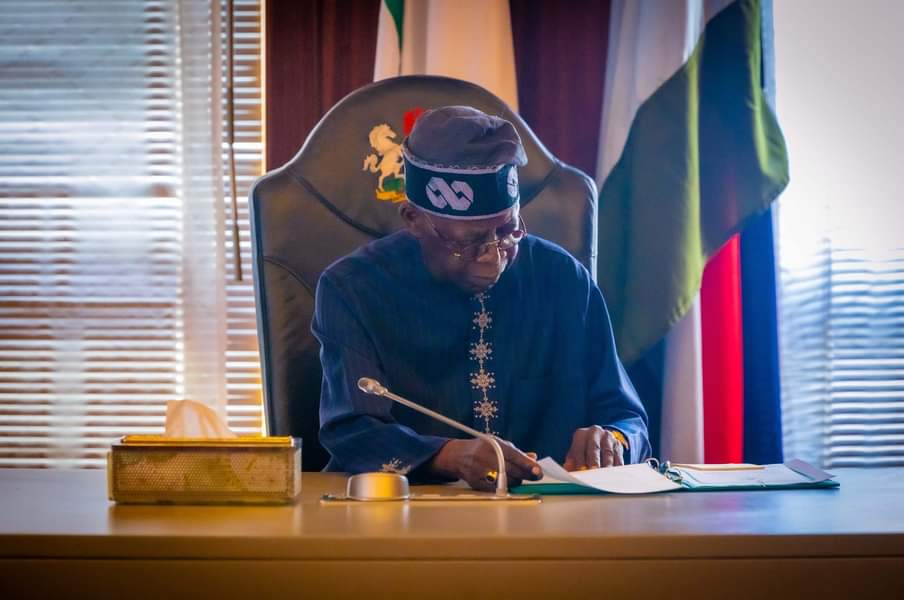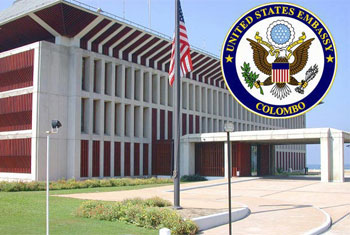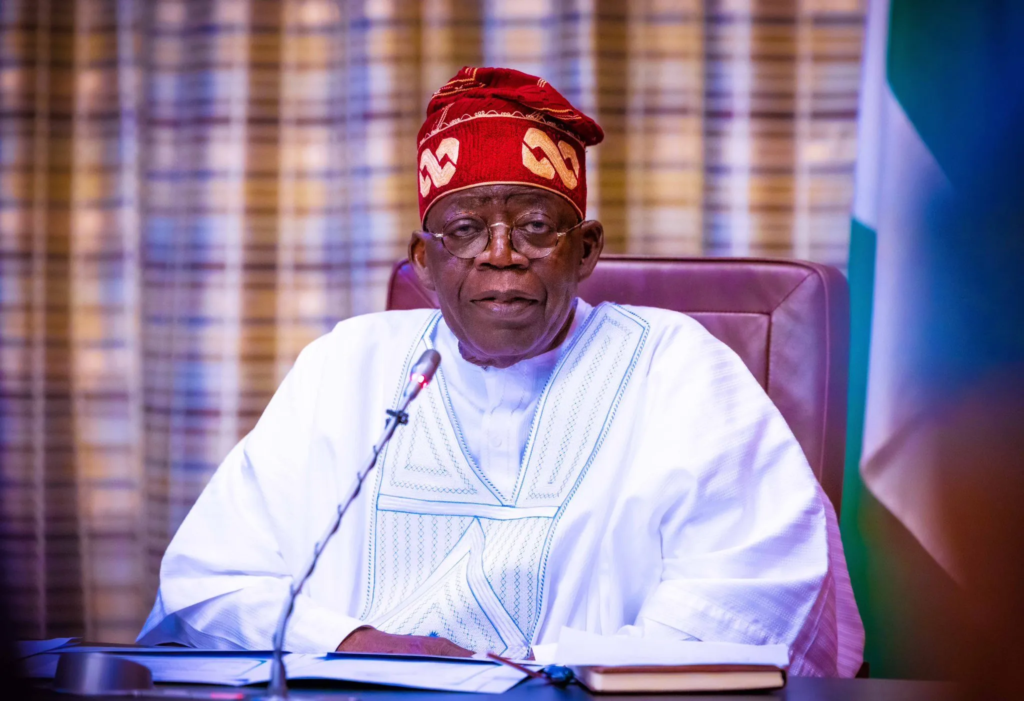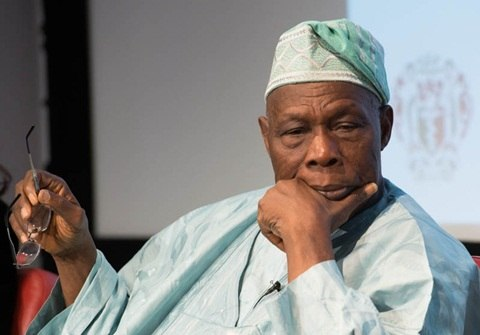North Korea’s former chief propagandist, Kim Ki Nam, has passed away at the age of 94, as announced by state media.
According to KCNA, Kim Ki Nam succumbed to old age and “multiple organ dysfunction,” conditions he had been undergoing treatment for since 2022.
Throughout his extensive tenure, Kim Ki Nam spearheaded propaganda efforts in the totalitarian state, notably crafting a personality cult around the ruling Kim dynasty.
North Korean leader Kim Jong Un personally attended Kim Ki Nam’s funeral on Wednesday, honoring the departed as a “veteran revolutionary unwaveringly loyal” to the regime, the report noted.
South Korea’s Yonhap news agency drew parallels between Kim Ki Nam and Joseph Goebbels, the propaganda chief of Nazi Germany, known for his infamous mantra “repeat a lie often enough and it becomes the truth.”
It’s worth noting that despite sharing the same family name, Kim Ki Nam had no blood relation to the ruling dynasty, with the surname being one of the most common in both North and South Korea.
In 1966, Kim Ki Nam was appointed deputy director of Pyongyang’s Propaganda and Agitation Department, where he forged a close partnership with Kim Jong Il, the predecessor and father of current leader Kim Jong Un.
Over time, Kim Ki Nam ascended to lead the department, wielding significant influence in shaping North Korea’s messaging throughout what has become the world’s longest-running family dynasty.
Known to have a close rapport with Kim Jong Il, the two were often characterized in media reports as “drinking buddies.”
During the 1970s, Kim Ki Nam assumed control of the state mouthpiece, Rodong Sinmun newspaper, consolidating his role in disseminating the regime’s ideology.
According to North Korea Leadership Watch, a platform specializing in Pyongyang’s political culture, Kim Ki Nam spearheaded initiatives to cement the legacy of Kim Il Sung, revered as North Korea’s founding father, and to facilitate Kim Jong Il’s seamless succession to leadership.
Under Kim Ki Nam’s stewardship, the propaganda department maintained a tight grip on communication and information flows in and out of the state.
South Korean and Western entertainment, including music and movies, remained prohibited, reflecting the regime’s strict control over cultural influences.
Recent footage obtained by the press earlier this year showcased the public sentencing of two teenage boys to 12 years of hard labor for watching K-dramas, highlighting the regime’s draconian measures to enforce ideological conformity.
Additionally, state television notably censored the trousers of British presenter Alan Titchmarsh in a BBC gardening program, deeming jeans a symbol of Western—and particularly American—imperialism within the country’s narrative framework.
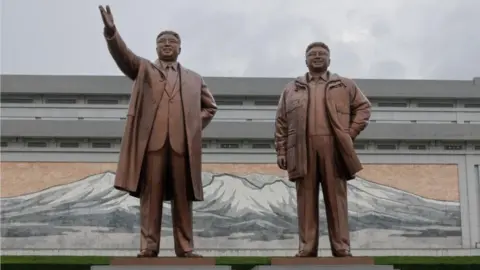
Kim Ki Nam, a rare figure among North Korean officials, made headlines when he led a delegation to attend the funeral of former South Korean president Kim Dae-jung in 2009.
Following the sudden passing of Kim Jong Il in 2011, the propaganda apparatus swiftly sprang into action, facilitating the seamless transition of power to his son, Kim Jong Un, despite his youth, believed to be in his 20s at the time.
Early reports from KCNA after Kim Jong Il’s demise exalted Kim Jong Un’s leadership, emphasizing the unstoppable progress under his guidance and urging the nation to convert sorrow into resilience.
In 2015, state media images captured Kim Ki Nam, then in his 80s, alongside military officials, attentively taking notes as Kim Jong Un addressed a gathering—a testament to his enduring presence in key propaganda circles.
Although he retired in the late 2010s, passing the baton to Kim Jong Un’s sister, Kim Yo Jong, Kim Ki Nam continued to make public appearances, signaling his continued rapport with the regime.
Rachel Lee, a Senior Fellow at the US-based think tank 38 North Program, noted Kim Jong Un’s prolonged trust in Kim Ki Nam, evident through his retention in crucial propaganda roles over the years.
Leif-Eric Easley, a professor at Ewha University in Seoul, regarded Kim Ki Nam’s passing as “the end of an era” for North Korean propaganda, highlighting his efforts to glorify the Pyongyang regime and appeal to a broader audience beyond the Korean Peninsula.
Prof. Easley observed a shift in the state’s propaganda narrative under Kim Jong Un, moving away from pan-Korean nationalism toward demonizing South Koreans and heavily emphasizing nuclear weapons for political legitimacy.








